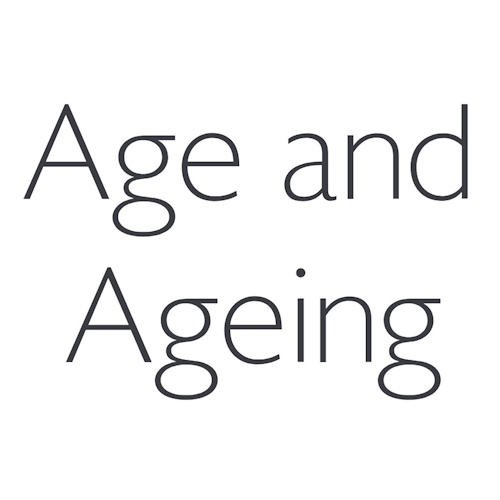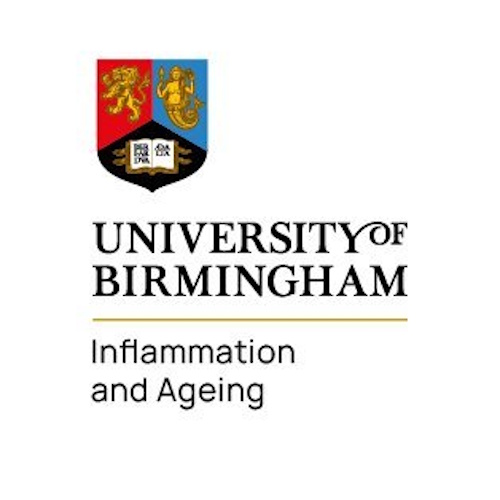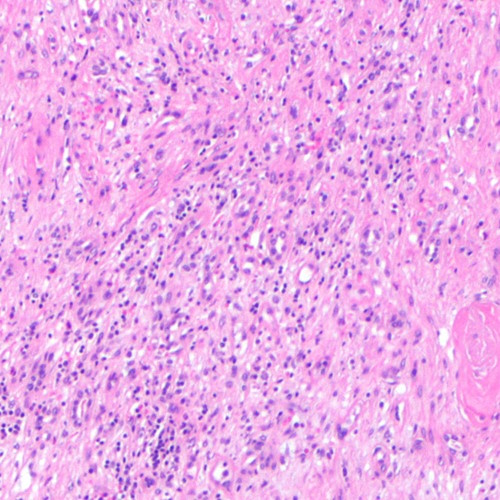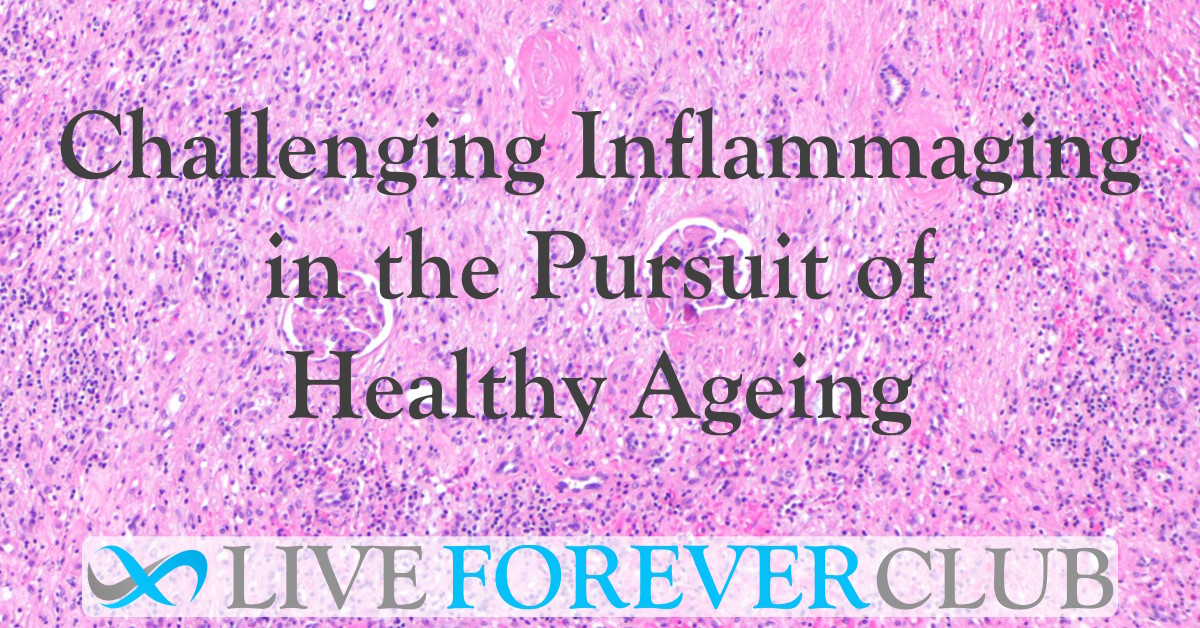The world is ageing. The average age of the global population is on the rise. Although it is a hallmark of improving modern healthcare, old age throws significant new challenges at healthy living. A major obstacle in that pursuit is that of Inflammaging.
Inflammaging is the state of chronic elevated sub-clinical levels of inflammatory markers, such as interleukins, tumor necrosis factor (TNF), cytokines and C-reactive protein (CRP), which are observed in ageing bodies. Unlike acute inflammation, which is a natural defence mechanism for preservation of the body, the chronic nature of inflammaging is detrimental to health as it leaves the body in a constant state of activation and aggravates the risk of developing ageing-related pathologies.
A recent review was done by the University of Birmingham to evaluate the current available strategies and newer targets to address Inflammaging.
Interventions directed at inflammaging
Inflammaging has been closely studied for quite some time as it has been identified as a hallmark of ageing. There are some lifestyle-based interventions as well as pharmacological interventions to combat inflammaging. We will look briefly at some of the important factors that are explored in the study.
Lifestyle interventions
Diet
Calorie restriction has been shown to have multiple anti-aging benefits, but the key challenge is long-term sustainability. Time restricted feeding interventions such as intermittent fasting are a promising dietary approach to lowering inflammatory markers in humans. The Mediterranean diet also has a wide range of health promoting benefits, such as a protective effect against chronic diseases and an increase in life expectancy. Evidence shows that a 1-year MedDiet intervention in older adults negatively impacts inflammatory markers - mediated via a rise in beneficial microbiome species.
Nutraceutical supplement
Recent evidence highlights the role of various nutrients, including Omega-3 fatty acids, zinc, vitamins C, D, and E, in modulating the aging trajectory. Clinical trials report the potential of these nutrients in resolving low-grade inflammation and improving immune function in various conditions, including obesity, inflammatory bowel disease, and COVID-19. Supplementation of these nutrients may serve as a low-cost and safe strategy in delaying the appearance of age-related diseases.
Plant-based chemicals
Plant species contain substances with protective, anti-inflammatory properties that can act as therapeutic agents. Examples include curcumin in turmeric, EGCG in green tea, and pterostilbene in blueberries. Other natural anti-inflammatory compounds include punicalagin in pomegranates, salidroside in Chinese herbs, and genistein in soy. Vinpocetine, found in the periwinkle plant, and lycopene in fruits like tomatoes and watermelon, are also promising anti-inflammatory agents.
Gut microbiome interventions
The imbalance in composition of gut microbiota and intestinal permeability contribute to inflammaging, and microbial-based therapies like probiotics, prebiotics, synbiotics, and FMT have been shown to have anti-inflammatory effects mediated via restoration of gut barrier, and reduction of pro-inflammatory cytokines. Sodium butyrate, a fatty acid, has also demonstrated anti-inflammatory effects and may be a potential therapy to address basal inflammation in older adults.
Physical activity
Aerobic exercise can decrease inflammation markers in as little as 12 weeks. Maintaining physical activity throughout adulthood can also have an anti-inflammatory effect through reduced Th17 polarisation and expansion of regulatory immune cells, as well as other mechanisms such as reduced adiposity, decline in senescent cells, and alteration in gut microbiota.
Pharmacological interventions
Calorie restriction mimetics
Metformin, an antidiabetic drug, has anti-inflammatory effects, as confirmed in clinical studies, and has the potential to be an attractive target for future clinical trials aimed at reducing inflammaging in older adults. Rapamycin, resveratrol, and spermidine, also known as caloric restriction mimetics, have been shown to have anti-inflammatory properties and are worth exploring further.
Senolytics to target ageing cells
Senolytic drugs such as dasatinib, quercetin and navitoclax, which target and eliminate senescent cells, have shown promising results in animal studies, including improved lifespan. In human studies, senolytics have reduced pro-inflammatory cytokines and SASP factors.
Statins
Statins, commonly prescribed to CVD patients, can have anti-inflammatory effects mediated via reductions in senescent T cells. In addition to their anti-atherosclerotic properties, they skew immune responses towards an anti-inflammatory response and reduce mortality in COVID-19 patients also.
Mitogen activated protein kinase inhibitors
p38 MAPK inhibitors show potential in reducing age-associated inflammaging by demonstrating anti-inflammatory effects in animal models, pre-clinical trials, and a pilot study on older adults.
Conclusion
The focus of human health studies has shifted from extending lifespan to extending health span, and reducing inflammaging in older adults has become a top priority during the COVID-19 pandemic. Lifestyle-based interventions and pharmacological anti-inflammatory targets show promise, but long-term studies involving a holistic approach are needed. Clinical trials for anti-ageing drugs should include the analysis of inflammation levels So that the best combinatorial approaches can be discovered that will improve health span and reduce healthcare costs.
Author: Joydev Bhattacharjee
Reference
Inflammaging as a target for healthy ageing - Niharika A Duggal et al, University of Birmingham – Age and Ageing, 2023






